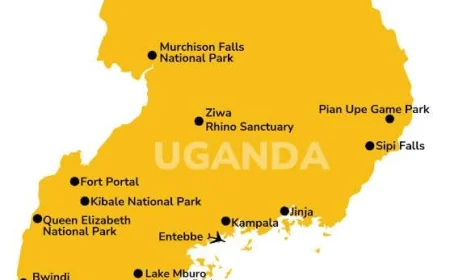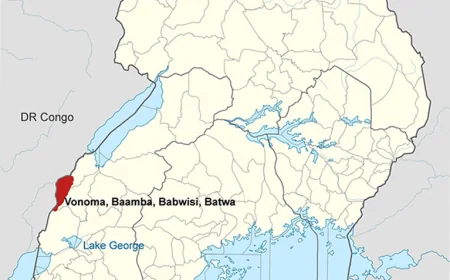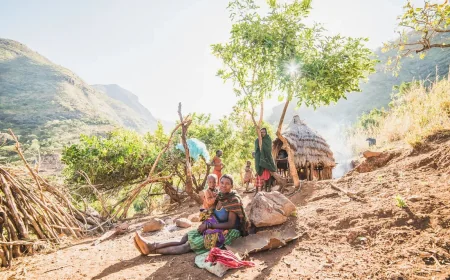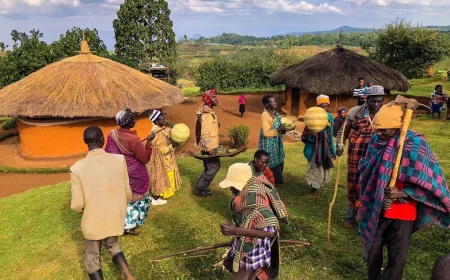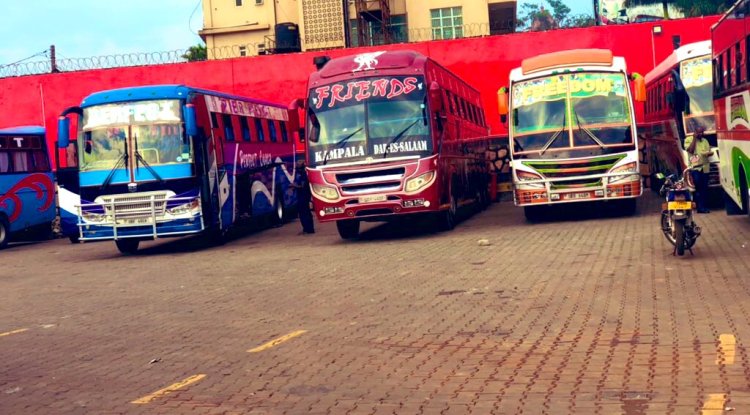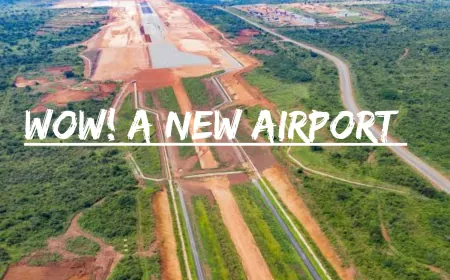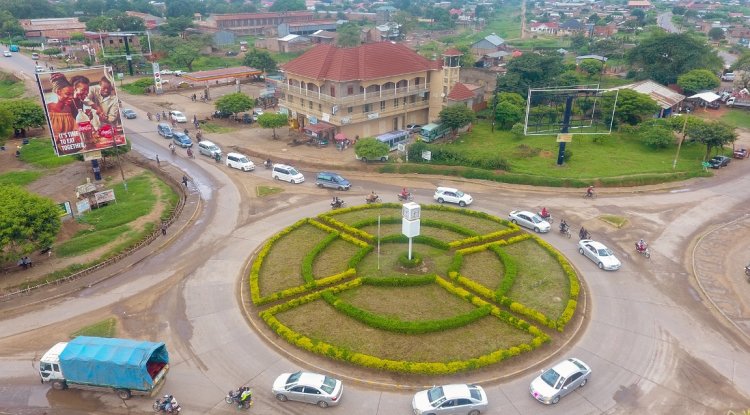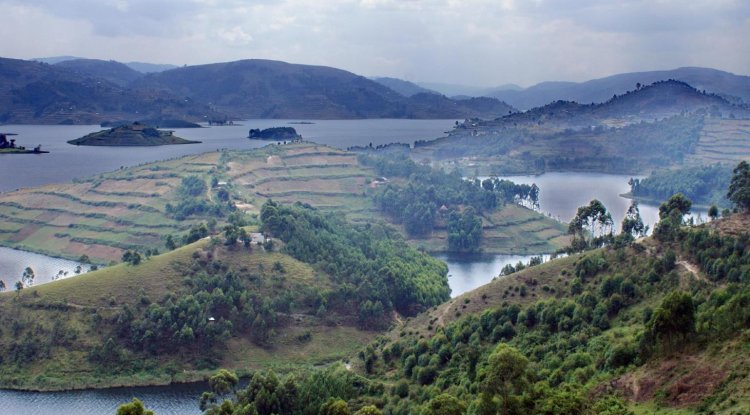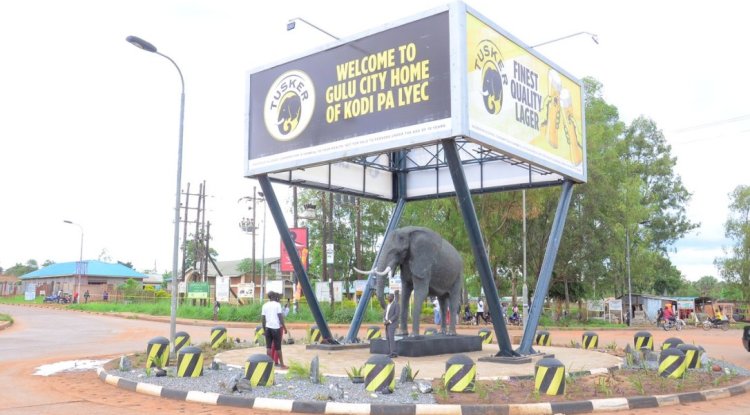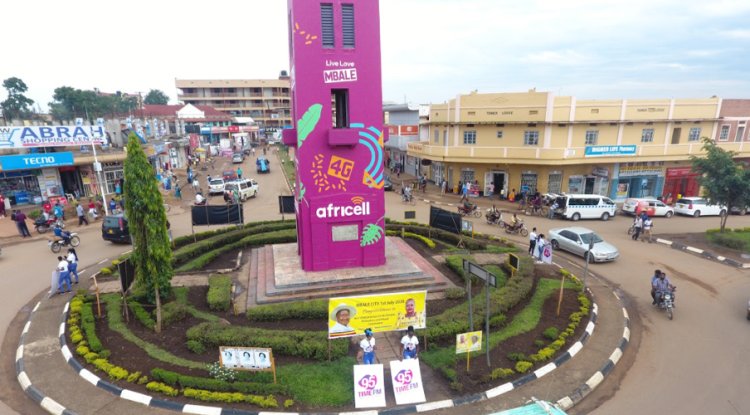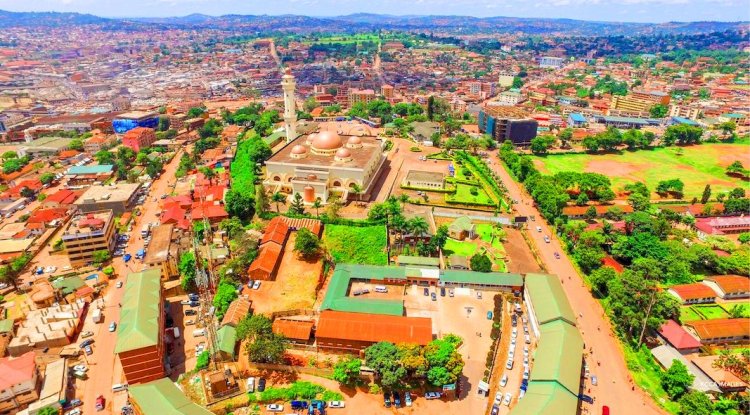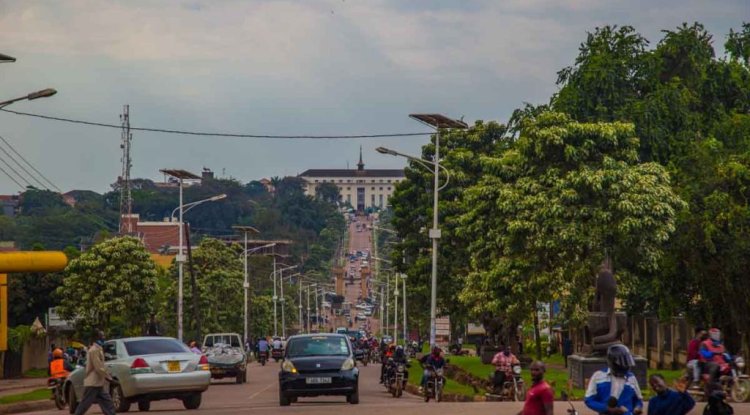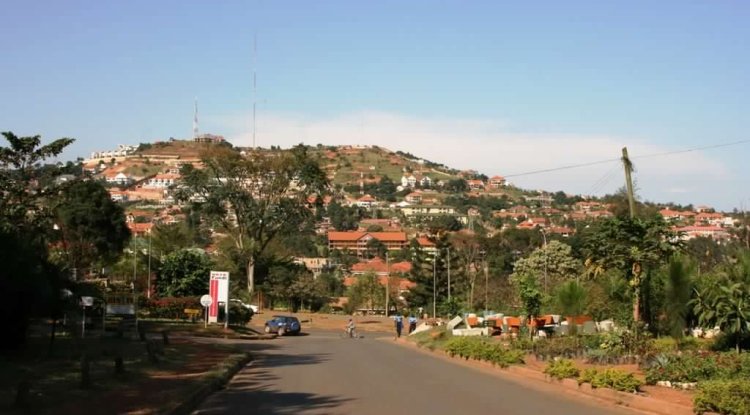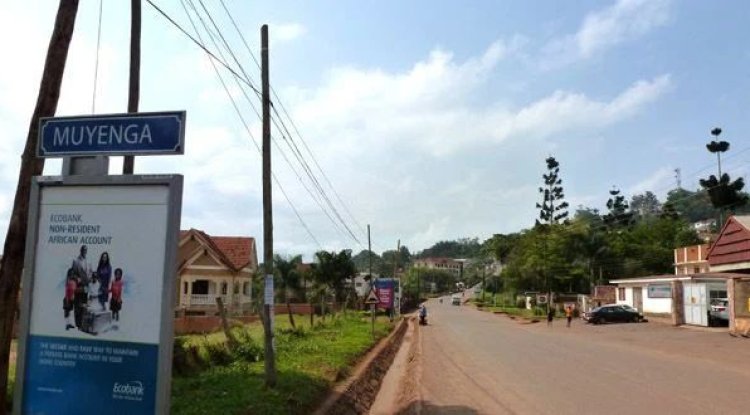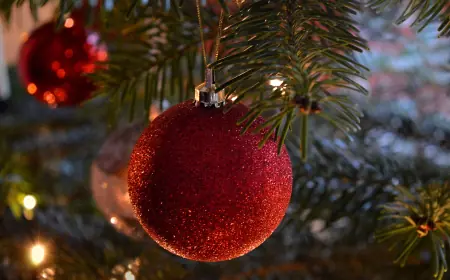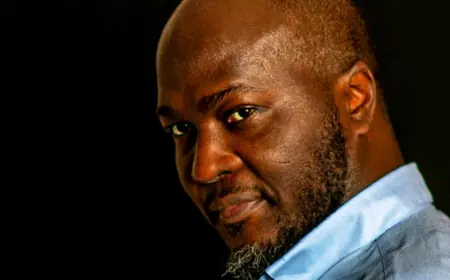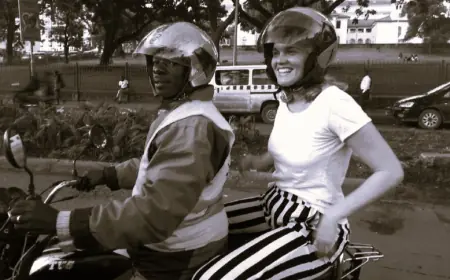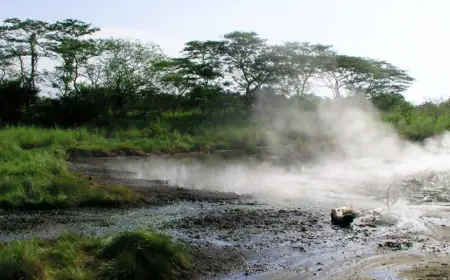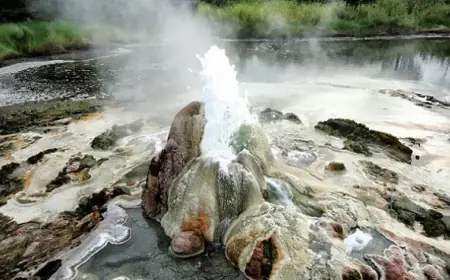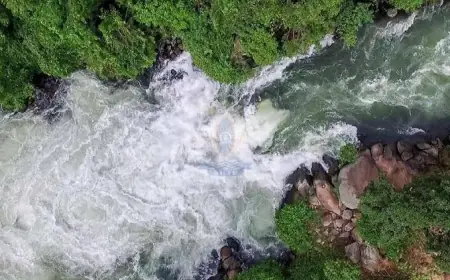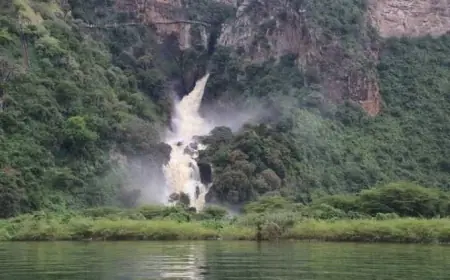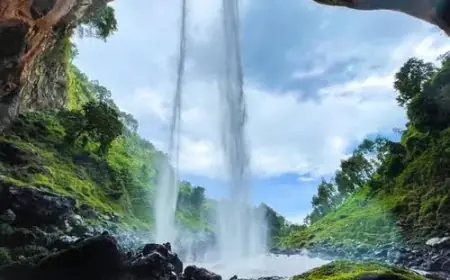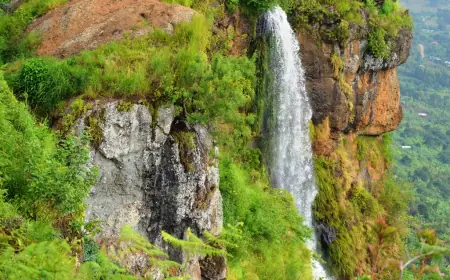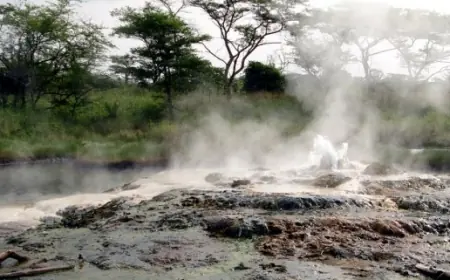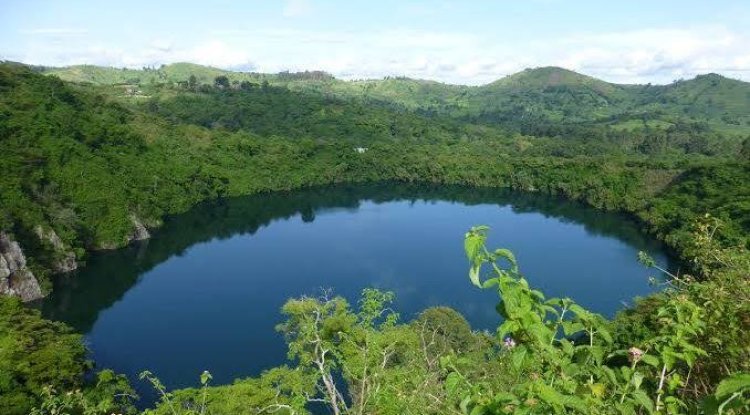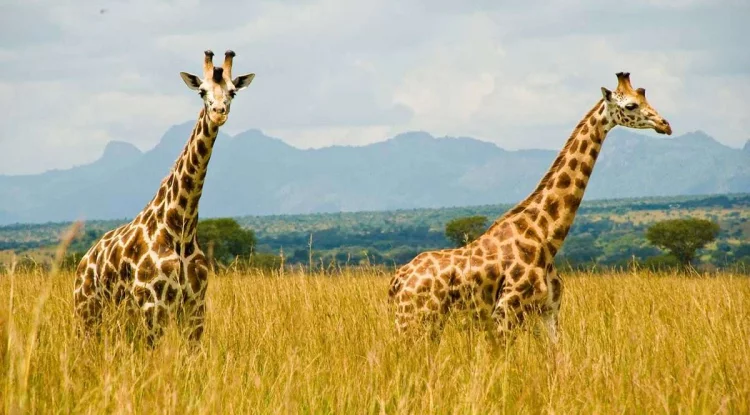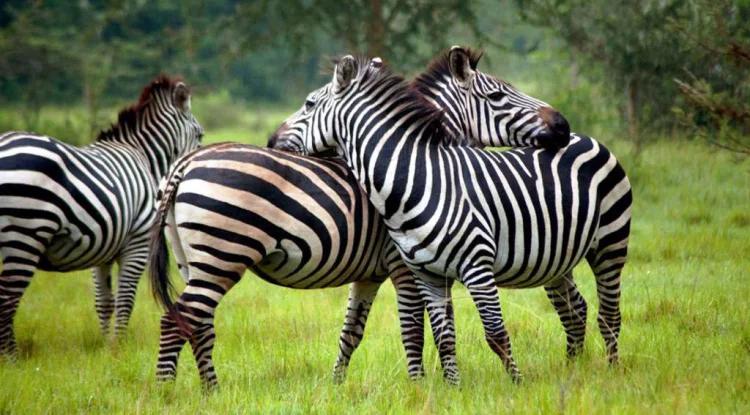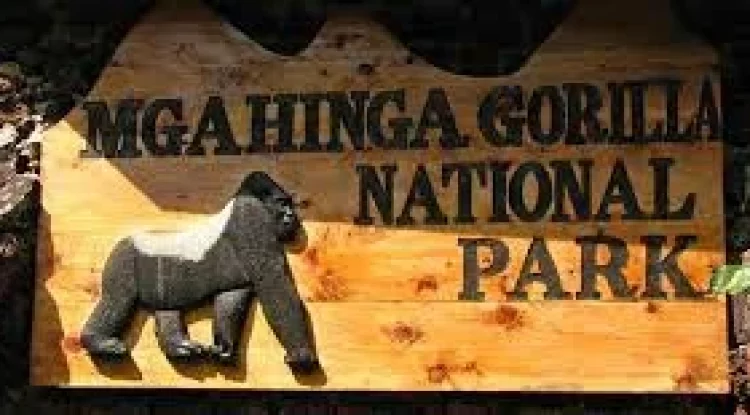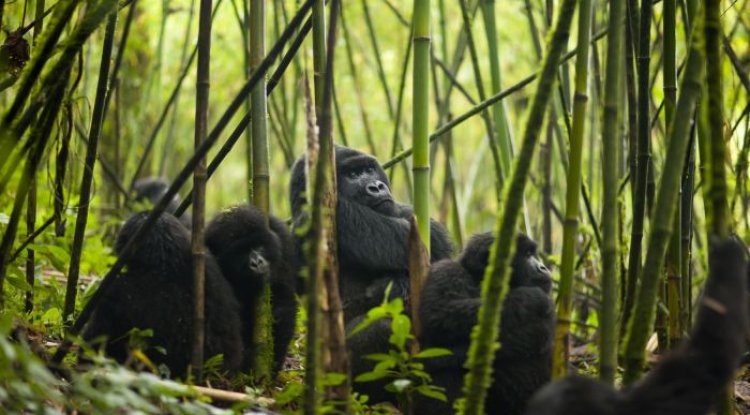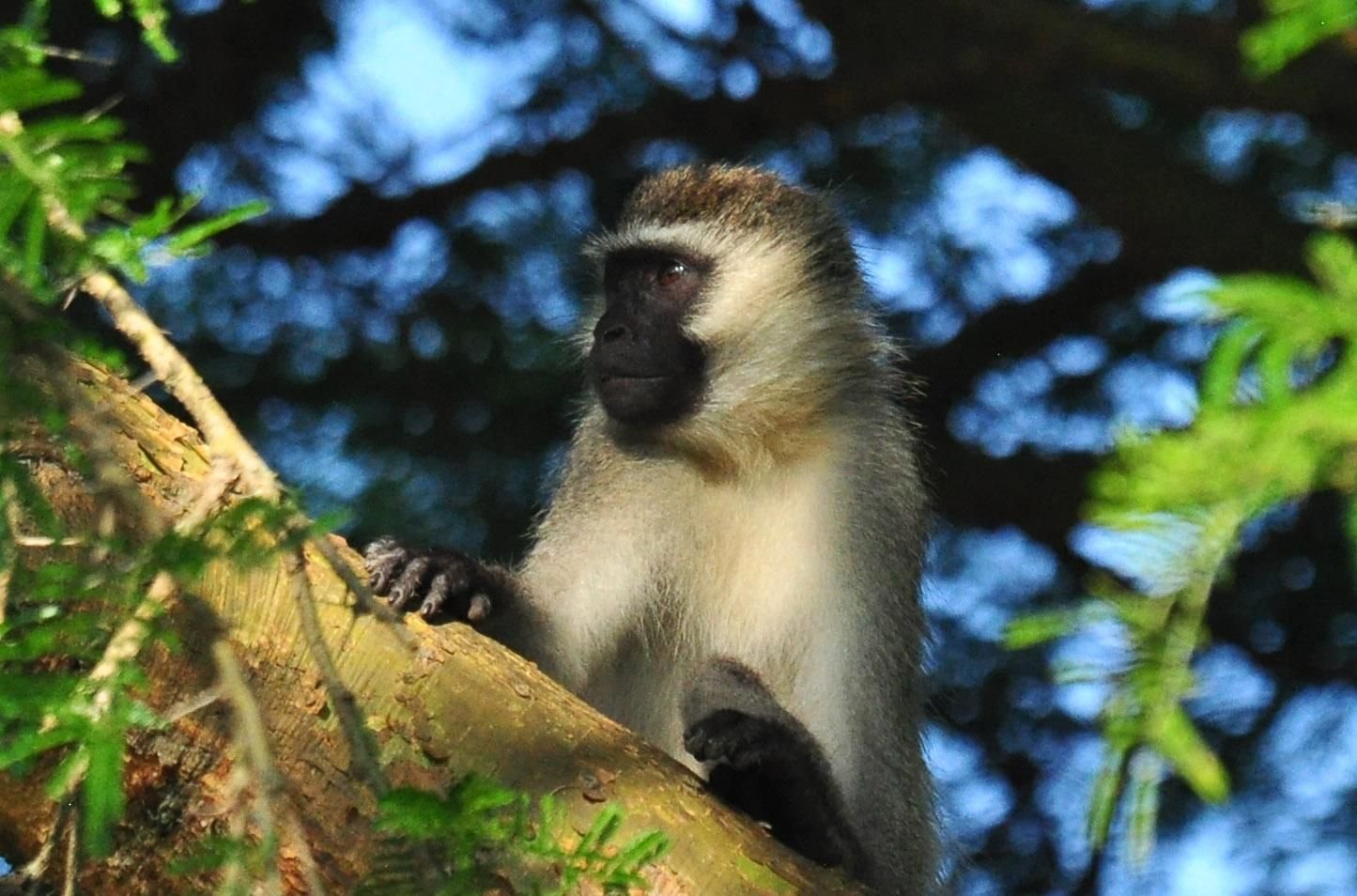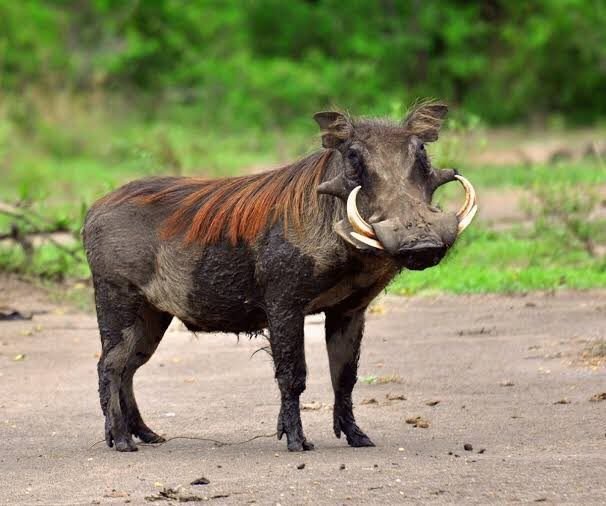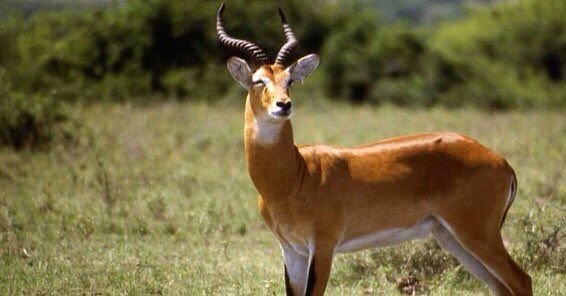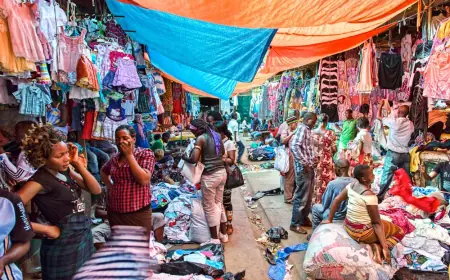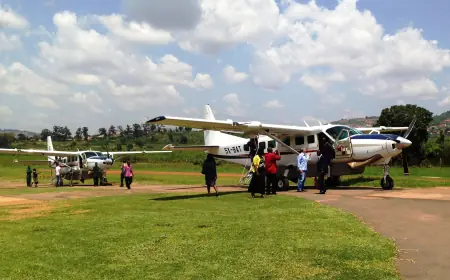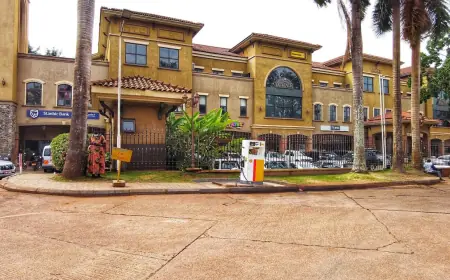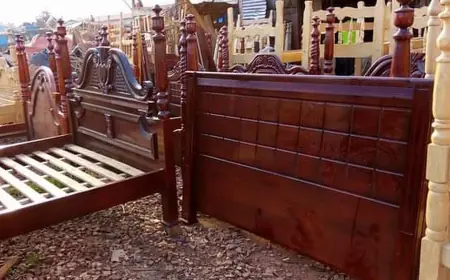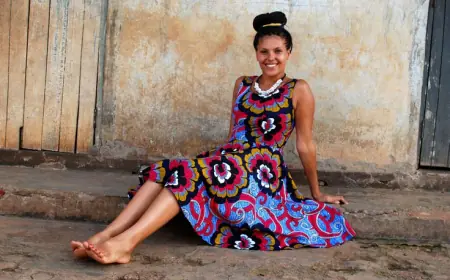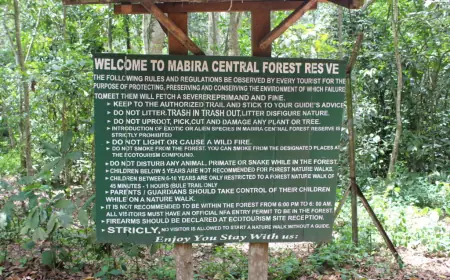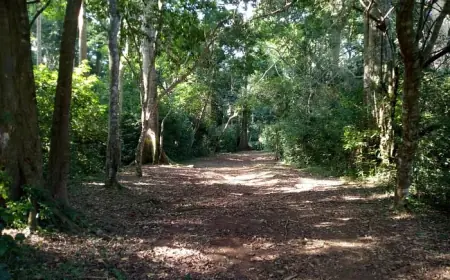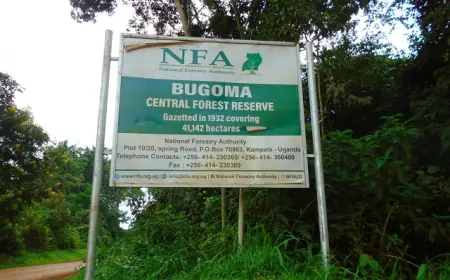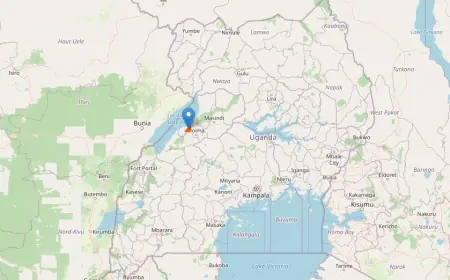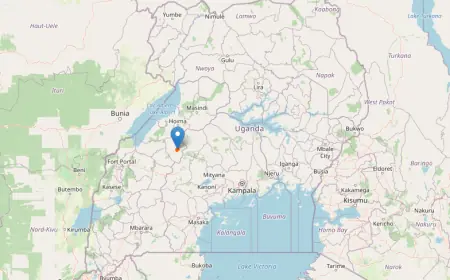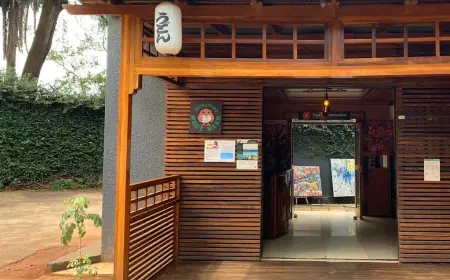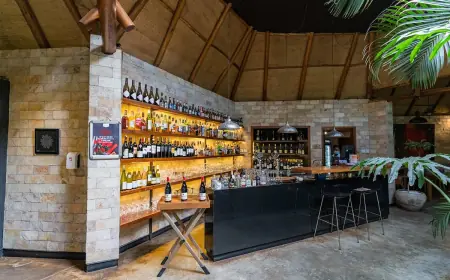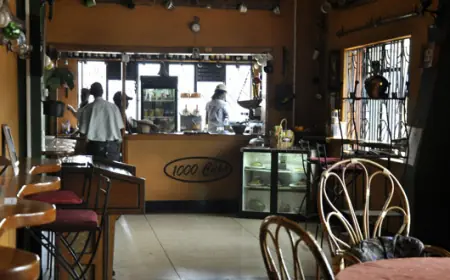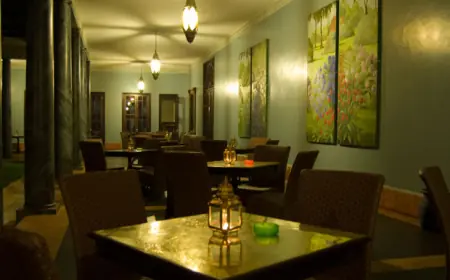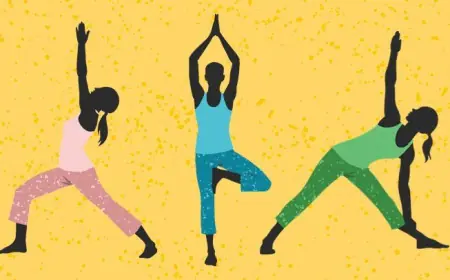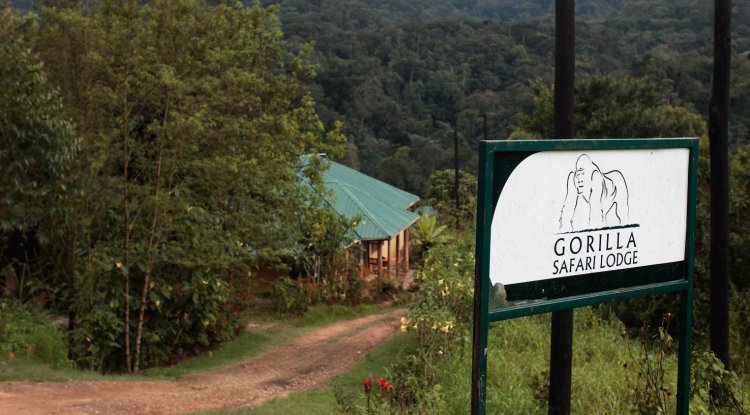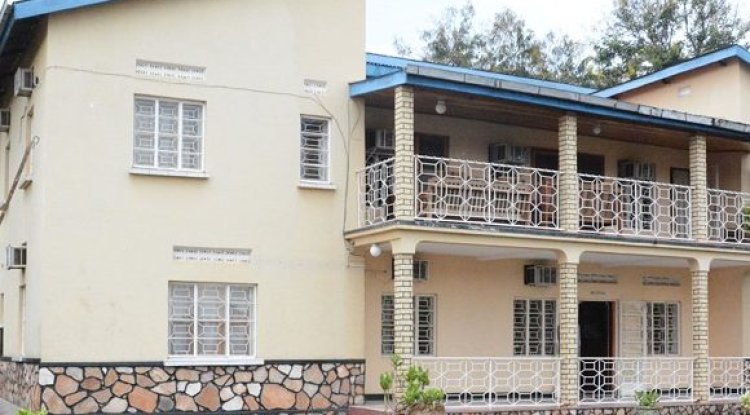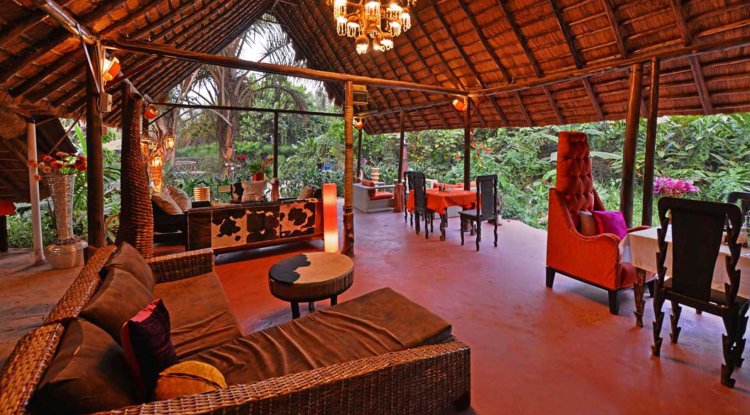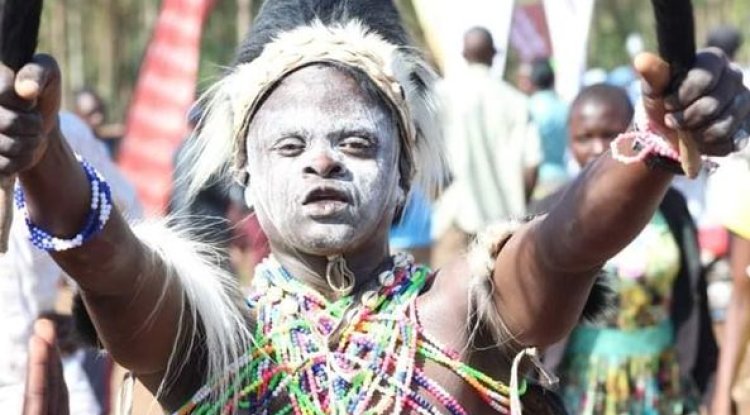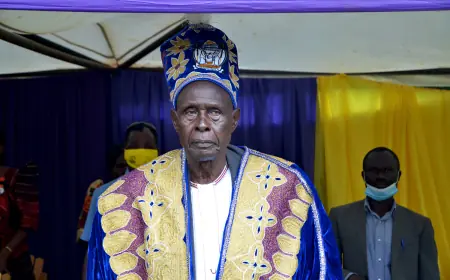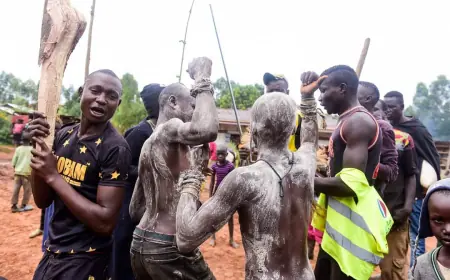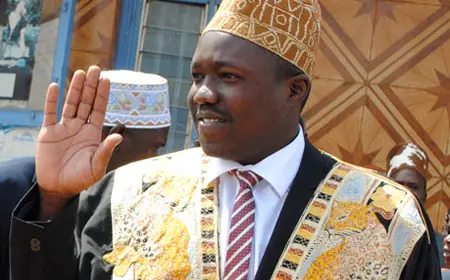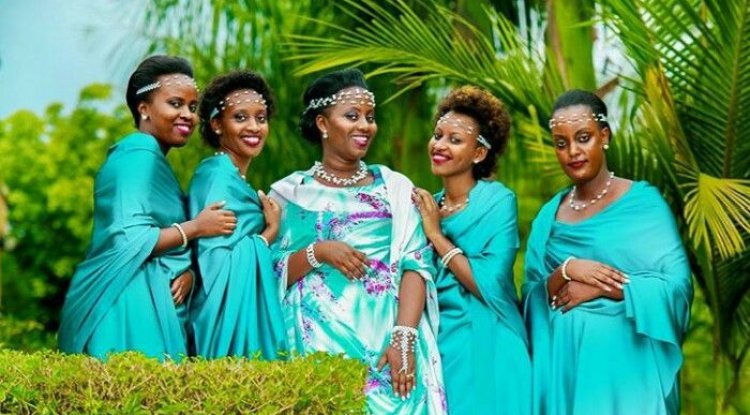The Kuku Tribe of Uganda
The Kuku, also called Bakuku, are a tribe in eastern and northwestern Uganda.
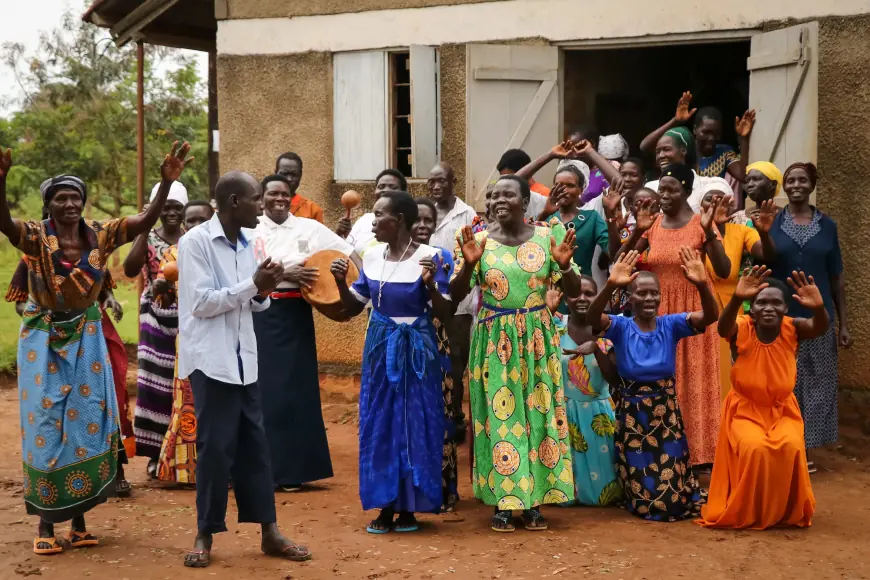
Once upon a time, in the heart of Central Equatoria State, nestled amidst lush green fields and rolling hills, there existed a tribe known as the Kuku (AKA Bakuku - in Uganda). Their story, like the meandering river that flowed through their land, was both ancient and vibrant.
Rainmakers and Silent Guardians
The Kuku people were rainmakers. Their connection to the skies was more than mere superstition; it was woven into the fabric of their existence. When the earth cracked under the relentless sun, they danced, their feet pounding the parched ground, invoking the heavens to weep. The Kuku believed that their ancestors whispered secrets to the clouds, urging them to release life-giving rain upon their crops.
But beyond their mystical role as rainmakers, the Kuku were silent guardians. Their history was intertwined with the larger Karo Community, a confederation of six tribes. Amidst infighting and discord, the Kuku chose to spread southward, seeking solace in the embrace of their fertile homeland. They settled in Kajo Keji County, where the land stretched like a canvas waiting for their stories to unfold.
Farming and Beekeeping: Nourishing the Soil and the Soul
The Kuku were farmers, their hands tilling the soil with reverence. During the rainy season, their fields burst forth with sorghum, pigeon peas, maize, millet, cassava, sweet potatoes, and beans. Each crop held a memory—a whispered promise from their ancestors. But it was beekeeping that set their hearts abuzz. The Kuku tended to their hives, coaxing golden honey from the wildflowers. The sweetness of their labor was shared during communal feasts, where laughter mingled with the taste of honeycomb.
The Administrative Tapestry: From Family to Tribe
The Kuku had no centralized authority. Their administrative structure emerged like ripples on a tranquil pond:
-
Head of the Family (Monye Mede): The husband, the hearthkeeper, the keeper of stories.
-
Head of the Clan (Matat lo Köji): The elder man, his wrinkles etched with wisdom, the living bridge between generations.
-
Head of the Village (Matat lo Gwoke): The village chief, his decisions etched in the bark of ancient trees.
-
Head of the Area (Matat lo Paranet): The custodian of boundaries, the one who knew where the river curved and the hills whispered.
-
Head Chief (Matat lo Jur): The highest authority, a man whose gaze spanned the horizon, his voice echoing across generations.
The language
The language used by the Kuku people is extremely close to that of some other karo groups in South Sudan, such as the Bari tribe. Their language is Bari, which comes from the Bari tribe. When the British colonized Sudan, they wrote their script. They use the Latin alphabet while writing. They also have a few extra letters, and some English-familiar letters are missing. Certain letters, such as F and C, are not included. Everything you say has a different pronunciation in their language.
Alphabet: A E I O U Ö – B D G J K L – M N P R S T – W Y ’B ’D Ý Ŋ – NY GB KP (capitals)
Words and meanings:
-
Good Morning - Do puré
-
Good Evening - Do parana
-
Water - Piyong
-
Come Here - Puo ni
They only say "good morning" until midday and "good evening" from late afternoon until night.
A newborn child's name might have a variety of connotations. Unless he specifies differently, the father chooses the name of the first child.
Kajo Keji: Where Land and Legacy Intertwine
Kajo Keji—the name resonated like a heartbeat. It was the Kuku land, a patchwork quilt of rolling hills, murmuring streams, and sun-kissed fields. The district bore the name of their chief (Kajok-Köji), a testament to their resilience during British rule. Kajo Keji stretched toward the Uganda border, its five administrative areas (Payams) like chapters in an unwritten epic:
-
Kaŋapo I
-
Kaŋapo II:
-
Lire
-
Liwolo
-
Nyepo
Social behavior of the Kuku
The elderly engage in a game on the ground. After creating a lot of indentations, they employ rocks, or little gravel, as game characters. Soroo is the name of the game.
Youngsters show their respect by avoiding older people. They are not allowed to communicate with them in any way. Adults or parents will occasionally extend an invitation to elderly people to join them for supper.
The entire town gathers to celebrate during or after good rains. Harvests are comparable in this regard.
Yawanatakbe is a specialty beverage of the Kuku people. It is a sorghum-based alcoholic beverage. They consume meat and beans on a daily basis. Typically, they eat breakfast at seven in the morning, lunch in the middle of the day, and dinner in the evening.
When a young man is ready for marriage, his family will go to a nearby town to find out about a girl in another family who is old enough to marry. If the bride's demeanor and reputation are deemed suitable, her family receives a dowry—typically two cows and a bull, four goats, two spears, a number of hoes, and, more recently, money. The elders then proclaim the pair to be married. Either the wife goes to live with her husband at his parents' home, or the couple goes and builds a new home and stays there together.
The birth of a child brings the community together to celebrate the new member.
Ten days after birth, the male son is named after his grandfather, while the female is given the name of her father's grandmother. The second son receives the name of the mother's grandmother, and so on. The child may have pet names or nicknames.
Everyone is depressed after a death, but especially the bereaved relatives. Following the burial, a communal gathering is held to bless the departed and provide them with a pleasant life among the spirits and God. Usually, they bury after two or three days. They discuss the reason for the death with the surviving family members. The person is buried if they reach a decision. There is a week or so of this ceremony.
Conclusion: Echoes of Rain and Resilience
The Kuku tribe—keepers of rain, stewards of soil, weavers of stories. Their legacy flowed like the river, nourishing the land and the soul. In the quiet of dawn, when dew clung to spiderwebs, the Kuku whispered to the skies, their voices blending with the rustle of leaves. And so, their story continued—a tapestry of resilience, etched in the very fabric of Uganda’s heart.
What's Your Reaction?
 Like
0
Like
0
 Dislike
0
Dislike
0
 Love
0
Love
0
 Funny
0
Funny
0
 Angry
0
Angry
0
 Sad
0
Sad
0
 Wow
1
Wow
1
